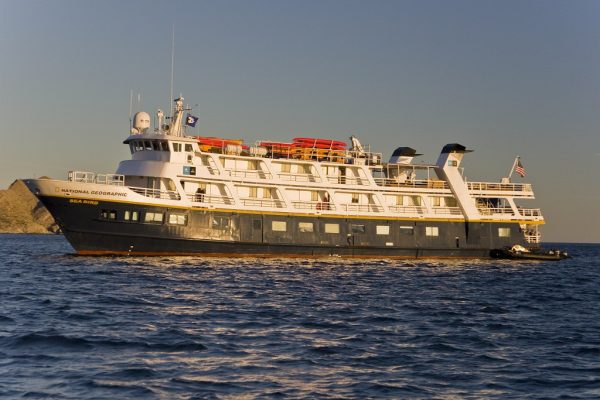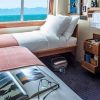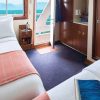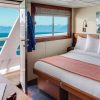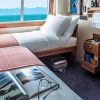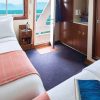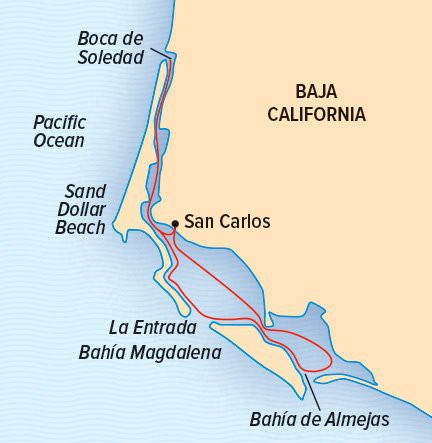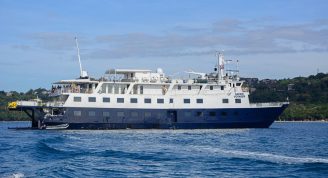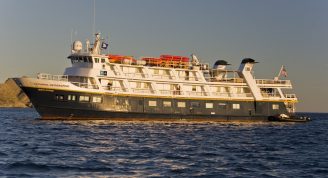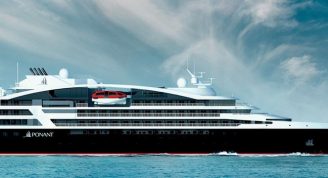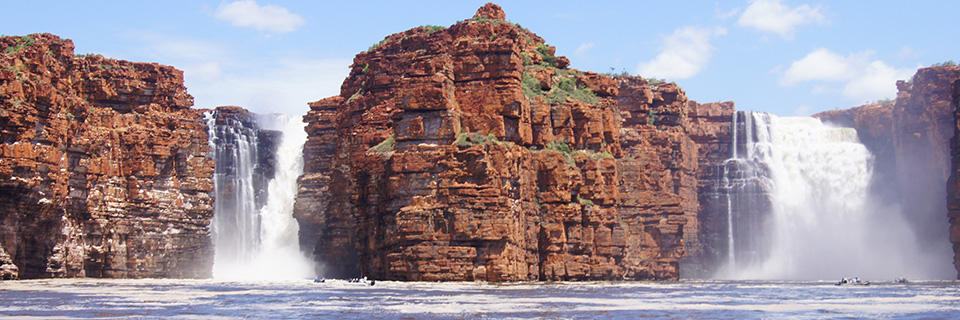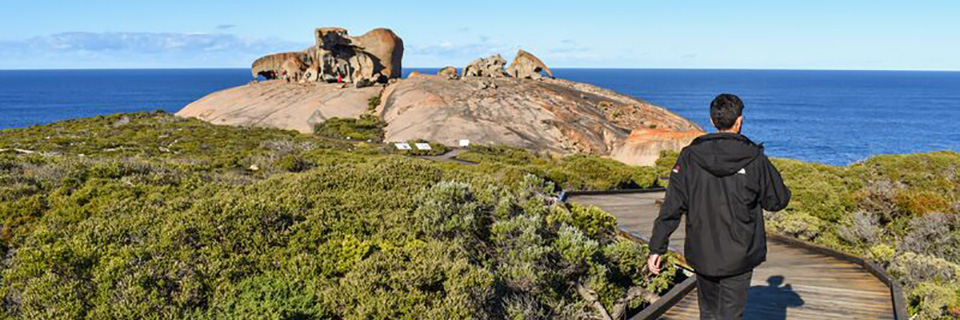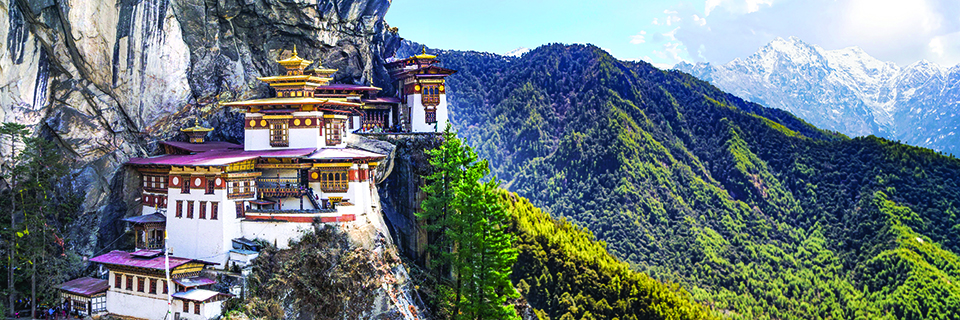Description
Spend several extraordinary days in the company of majestic gray whales in Mexico’s Bahía Magdalena, one of the best places in the world to witness interactions between gray whale mothers and their curious calves. On this compact trip, we’ll navigate the length of the bay aboard our nimble expedition ship, and set out by Zodiac for thrilling, up-close encounters. Kayak through mangrove forests and hike desert islands, watch pelicans and ospreys soar overhead, and soak up the sun on some of the Pacific’s most pristine beaches.
Trip Name
Wild Baja Escape: The Whales of Magdalena Bay
Days
6
Overview
Vessel Type: Comfortable Expedition
Length: 52 metres
Passenger Capacity: 62 (in twin cabins)
Built: 1982 / Refurbished 2015
Twin Expedition ships, National Geographic Sea Bird & Sea Lion, can reach places inaccessible to larger ships due to their small size, yet each can comfortably accommodate 62 guests. The feeling, is often compared to that of a large private yacht, with everyone integral to the adventure. Accessibility means freedom. Our captains have decades of sailing experience in the regions we explore. They know when and where to navigate so that you feel the places we visit are all ours.
Full interior renovations have been completed on these twin 62-guest ships, National Geographic Sea Lion and National Geographic Sea Bird. The extensive renovation to guest cabins, the lounge and bar, dining room, public areas and spa has transformed the ships to provide the ultimate in expedition hospitality and comfort. Nothing has been left untouched, from the sleekly framed wall photos, to the fresh paint, and new carpets throughout the ships.
- The lounge and bar have been completely redesigned and reconfigured to provide an open, enhanced environment with additional seating and better flow. The modern design features new tables and chairs, upholstery of settees, overhead ceiling panels, and LED dimmable lighting. The lounge also hosts a new food & beverage area, library, and Global Market.
- The dining room’s upgrade features all new tables, chairs, ceiling panels, and LED dimmable lighting. The wine bar has been replaced and features a display showcasing selections from the regions explored.
- Every cabin has been completely redone and all furnishings have been replaced. Modern aged cherry bed boxes, faux leather headboards, Lindblad signature bed linens, new windows, lighting, and additional USB outlets provide a dramatic makeover for a relaxing guest experience. Bathrooms now feature new shower doors and all new hardware.
- Exterior renovations include new deck furniture and outdoor awning.


